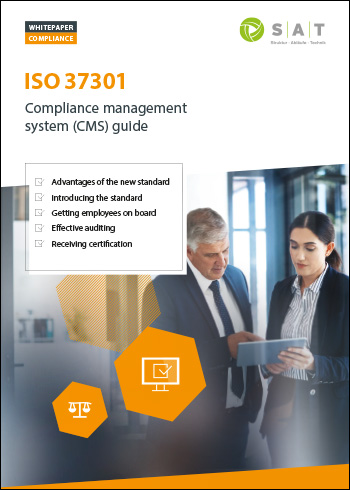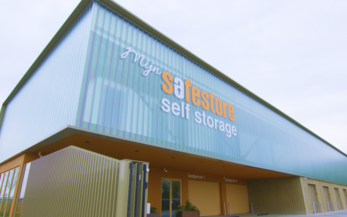6 minutes05/28/2021
The European Parliament passed the Whistleblowing Directive (Directive (EU) 2019/1937) in December 2019. It aims to protect whistleblowers who uncover and report breaches of the law more effectively against reprisals. All EU member states must transpose this Directive into corresponding national laws by the end of 2021. Companies will then face the challenge of fulfilling the new requirements and obligations. It is therefore vital that companies engage in this issue at an early stage and develop an internal strategy to implement the new regulations. This article provides key information on legislation to protect whistleblowers, plus useful tips to help you introduce and implement a whistleblowing system.






